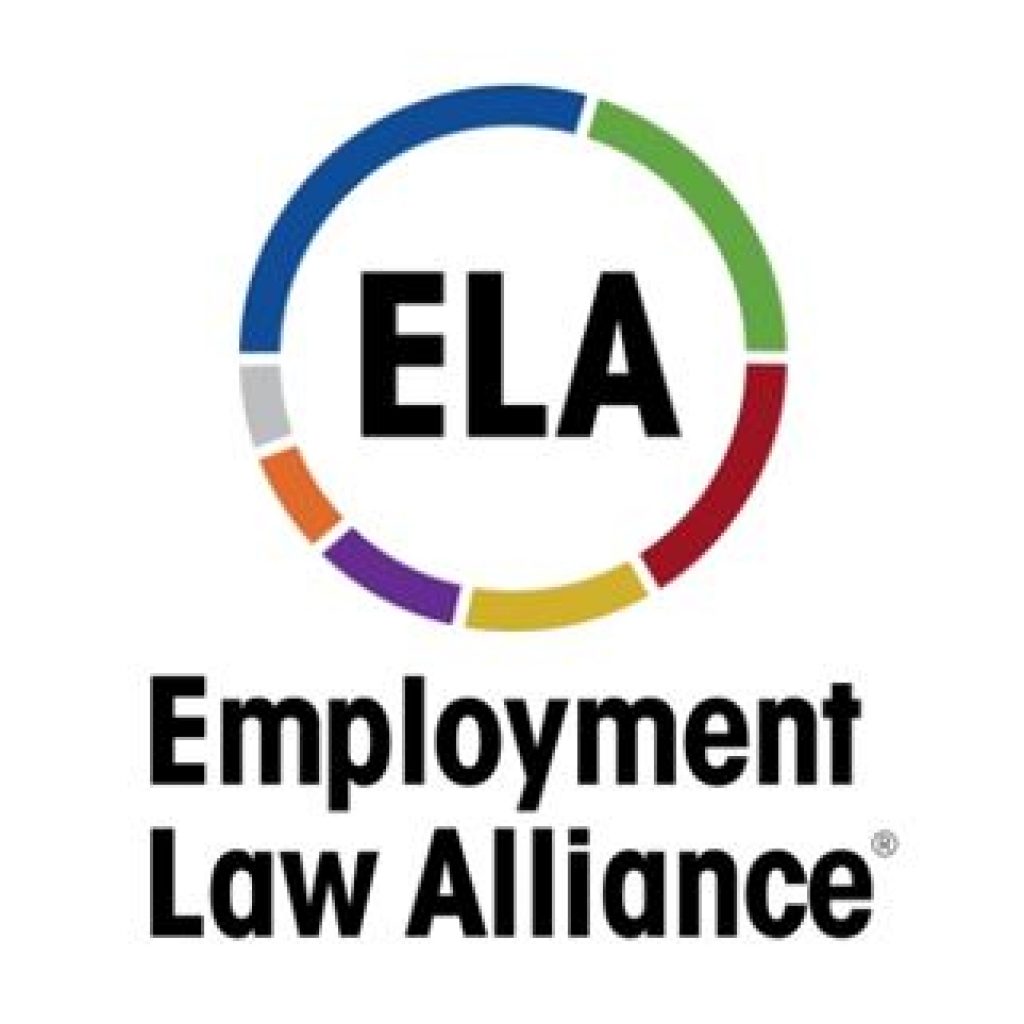December 2017 E-Update
Click here to view entire E-Update as a PDF
RECENT DEVELOPMENTS
Court Vacates Incentive Provisions of EEOC’s Wellness Rules, Effective 2019
The U.S. District Court for the District of Columbia, in AARP v. EEOC, has vacated the incentive provisions of the Equal Employment Opportunity Commission’s wellness regulations, although the effective date of its order will be delayed until January 1, 2019. For more, click here.
Ninth Circuit Adopts “Primary Beneficiary” Test for Intern Status Under FLSA
The U.S. Court of Appeals for the Ninth Circuit has joined the Second and Eleventh Circuits in rejecting the Department of Labor’s restrictive test for intern v. employee status under the Fair Labor Standards Act, instead adopting a “primary beneficiary” test. Under this test, the economic realities of the relationship are examined in order to determine who derives the primary benefit. For more, click here.
DOL Will Rescind Controversial Tip-Pooling Rule
The DOL has issued a Notice of Proposed Rulemaking to rescind a controversial 2011 regulation that, contrary to prior practice, prohibited employers from requiring tipped employees to share their tips with non-tipped employees, even where the employer does not take a tip credit against its minimum wage obligations under the Fair Labor Standards Act. For more, click here.
NLRB General Counsel’s Memorandum Revises Bargaining Unit Determination Standards
On December 22, 2017, the Office of the General Counsel for the National Labor Relations Board issued a Memorandum to all Regional Directors reinstating a decades-old standard for bargaining unit determinations. For more, click here.
NLRB Reinstates “Reasonableness” Standard for Settlements
The National Labor Relations Board has reinstated the practice of permitting NLRB Administrative Law Judges to accept an employer’s offer to settle an unfair labor practice complaint, over the objections of the NLRB General Counsel and the union, if the Board finds the proposed settlement terms to be reasonable. For more, click here.
Employer Liable Under OSHA for Constructive Knowledge of Safety Hazard
The U.S. Court of Appeals for the First Circuit found that an employer had constructive knowledge of dangerous conditions in the workplace and therefore affirmed a fine imposed by the Occupational Safety and Health Administration for violations of workplace safety standards. For more, click here.
Employer Liable Under Title VII for Constructive Knowledge of Co-Worker’s Harassment
An employer was found by the U.S. Court of Appeals for the Second Circuit to be liable under Title VII because it had constructive knowledge of an employee’s harassment by a co-worker, based in part on its knowledge of the co-worker’s past inappropriate conduct. For more, click here.
The Tax Cuts and Jobs Act that was signed into law by President Trump is a massively complex piece of legislation, containing a number of employment-related provisions. While the actual implementation of these provisions has yet to be fully fleshed out through regulations, we summarize here some of the highlights. For more, click here.







